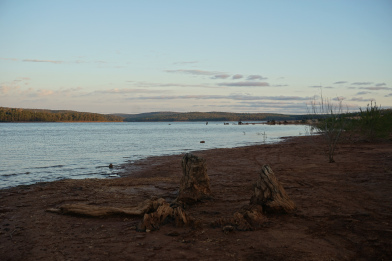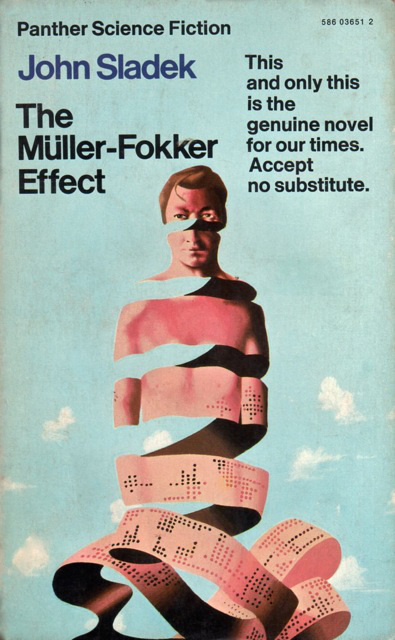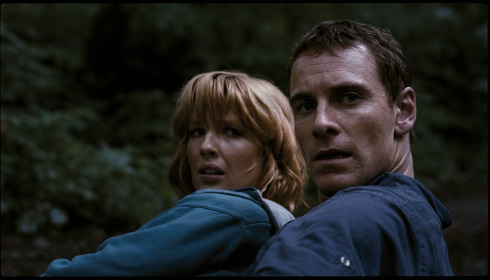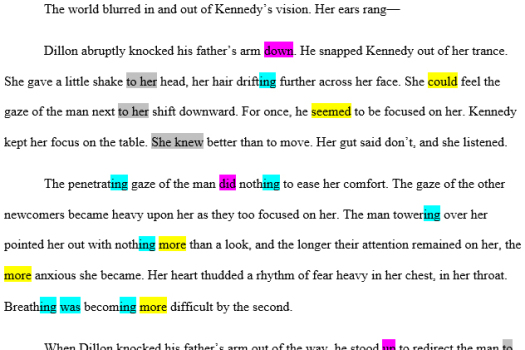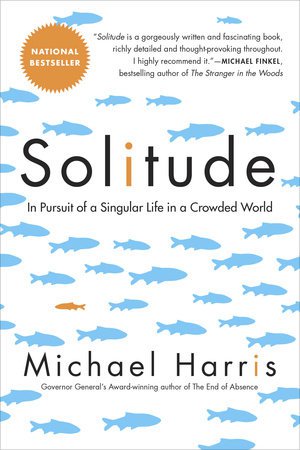
Since starting my little reading blog here, I have noted that many of my followers crave some quiet down time to read and even think a bit. Yet getting that down time to put their feet up is limited. Well dear followers, here is one more book I have read for you and note for your consideration while you go through your hurly-burly day. And that book is: Michael Harris’ Solitude: A Singular Life in a Crowded World.
Pages 17-18
Aristotle defined humans as social animals and he was only too right. Making sure other people have positive impressions of us is one of our central motivations. And when we use screen-based social media instead of face-to-face interactions to groom each other, we’re able to be more strategic about that self-presentation. For example, when confronted with a Facebook post about someone’s new job, my lovely but nervous friend Jocelyn may write and rewrite her comment for several minutes before finally landing on the tapioca-scale inoffensiveness of “So happy for you!!!” (If she’s feeling crazy, Jocelyn may add a martini glass emoji.) Unsurprisingly, a 2015 study found that, of the roughly 1.5 billion regular Facebook users, usage spikes among those with social anxiety – in particular, those who have a high need for social assurance. The technology becomes a salve, a way to calm our worries about fitting in or belonging. And with astonishing speed, the compulsion to groom online has been absorbed into our idea of the natural: Only 8 per cent of adults in the United States used social networking sites in 2005. Meanwhile, nearly half of Americans now sleep with their phones on their bedside tables, using them as surrogate teddy bears. To be human is to be social; to be human in the age of screens is to be massively social.
And yet . . . In the same way that many people are forced to engineer healthy diets for themselves in a world overflowing with the salts and sugars and fats we’re designed to hoard, it’s possible that we’re such compulsive social groomers that we must keep ourselves from gobbling the fast-food equivalent. Has social media made us socially obese – gorged on constant connection but never properly nourished?
Has the neocortex – the very thing that made us human, the thing that kickstarted our cities and our politics, our religions and our art – been hijacked one to many times?
I have been reluctant to use the term Zeitgeist for a while but Harris has indeed documented what many of us feel is the “spirit of the times” with this non-fiction book. Our modern lifestyle demands we be tuned-in to a multitude of devices and online platforms, and if we miss one tweet or post, we will be the social pariah at the conversation around the water cooler or dinner party. So what would happen if we were to totally tune out not only our toys but all of our friends and just be alone with ourselves and our thoughts. Many of us have been tempted to do so but Harris gives the notion some serious and well-researched thought.
Pages 53-54
Physicists like Einstein and Newton are among our most fundamental thinkers, and they were particularly aware of what solitude brings to serious thought. Felicity Mellor, a researcher at Imperial College London, criticizes the new generation of advanced study institutes for emphasizing collaboration and social atmospheres at the expenses of such solitary contemplation. The institutions Mellor studies exhibit what she calls a “near exclusive focus” on communication between scholars and, in their own words, call for “international engagement” and “collaborative research projects.” The Francis Crick Institute, in London, which opened in 2016, is a paradigmatic example: it’s designed with open-plan labs and glass walls to ensure collaboration. The institute’s strategy documents cheers how “how scientists will be drawn together at interaction and collaboration facilities located at the centre of each floor.”
“The need for periods of withdrawal and solitude,” Mellor writes, “are no longer acknowledged as a means of facilitating intellectual advances.” Although every fundamental shift in physics has required a good dose of solitude, “reticence and silence seem to have no place in the modern research agenda.” Peter Higgs, the Nobel Prize-winning godfather of the Hadron Collider, backs Mellor up, saying his trailblazing work would be impossible today because the peace and solitude he enjoyed in the 1960s has vanished. We can only imagine how premature sharing could deflate a unified field theory or mangle an explanation for the origination of gamma rays bursts.
What is true for institutions is also true for individuals. We all have daily proof that moments of aloneness allow for the drifting, unfocused mind to be inspired. Like others, I`m hit by my better ideas firs thing in the morning, even lying in bed, before the world has poured any noise or hassle onto me. A novel thought might strike me in the shower, or while I’m drinking my coffee and fuzzily apprehending the patterns of birds outside. Almost all my writer friends swear by early-morning writing. And the psychiatrist Anthony Storr found the same, sayin that “by far the greater number of new ideas occur during a state of reverie, intermediate between waking and sleeping.” It’s as though the brain is allowed to have its genius moment before our lumbering, bureaucratic ide of thinking puts on a tie and gets in the way.
This is a unique read. It is one I would recommend that a person buys a print-edition of it, sits down and ponders over it. Harris certainly took time out to research and reflect on the subject on how our interconnectedness is influencing our minds. He not only talked with a myriad of experts on the subject, but brings a wealth of knowledge to the discussion. And then in the final chapter, he documents his attempt at what many of us desire – some solitude and alone-time.
Pages 215-216 The Cabin in the Woods
By the time I finish this tuna sandwich, I’ll have been alone – completely alone – for longer than I’ve ever been before.
It’s a startling thought. But, sitting here on this rotting deck, and looking out over both the ocean and the last thirty-six years, I find it’s true. Weirdly true. I have never, in my life, been completely alone for longer than twenty-four hours. Always, there was some quiet interaction with the guy making my Americano, at least. Or, if I was stuck in my apartment with the flu, there’d be an email exchange while curled in the nest of my duvet. But there was always some connection, some comfort.
From infancy onward, I have been perpetually witnessed, judged, hugged, chatted-up . . . .
But that changes now. I’ve taken the ferry from Vancouver to Pender Island, about two hours off the coast of British Columbia. From the docks, I hiked another two hours to my family’s cabin. An old A-frame, built by my grandparents in the days when a parcel of land on an island’s waterfront wasn’t so impossible a thing to purchase. There’s a rope swing from when I was five; it dangles noose-like from one of the trees. A set of rotten steps leads me, muddy and skidding, down to the pebble beach where my brothers and I used to build rafts out of driftwood. We tied logs together with ropes of bull kelp.
The cabin door shunts open and there’s the smell of cedar planks, wet dog, ashes. I tug provisions from my pack: one week’s worth of oatmeal, raisins, tuna fish, canned chili. A paper bag of apples, one for each day.
I’ve come here for a week with myself. I plan not just doubling or tripling my solitude record but stretching it to point where I’m talking to myself.
Michael Harris has both brilliantly documented and done what we all have desperately crave with his book Solitude: A Singular Life in a Crowded World. This is truly a work that must reflected and pondered over. In short, a great piece of literature.
*****
Link to Penguin Random House Canada’s webpage for Solitude: A Singular Life in a Crowded World
Link to Michael Harris` website
Share this:- More


